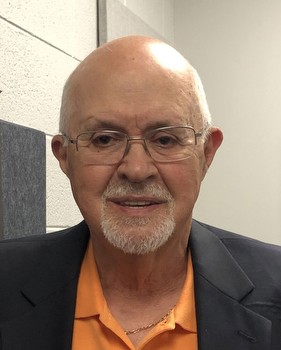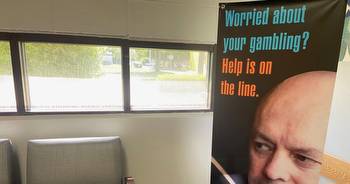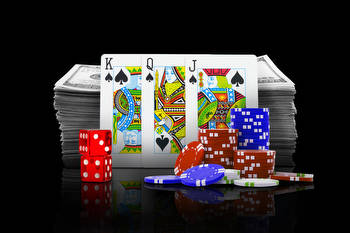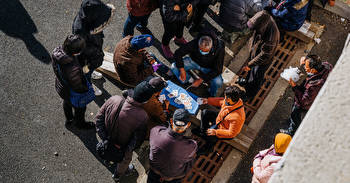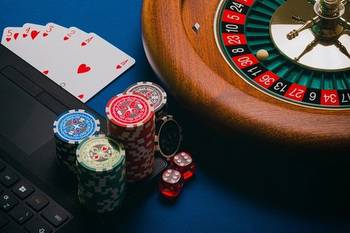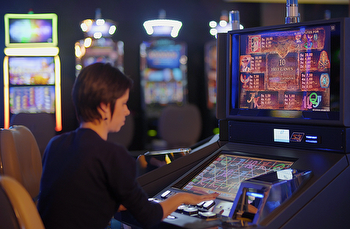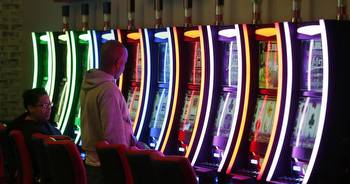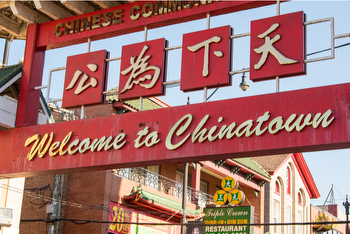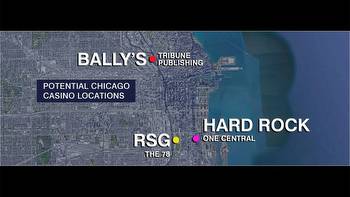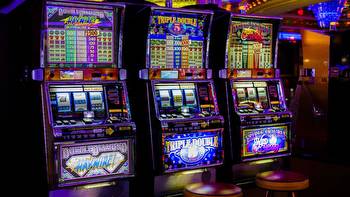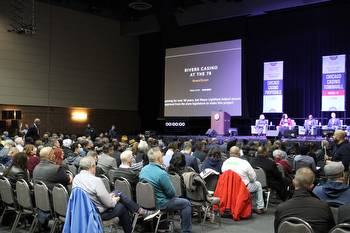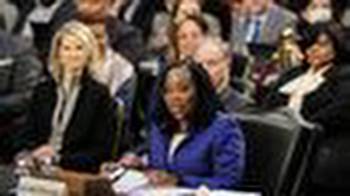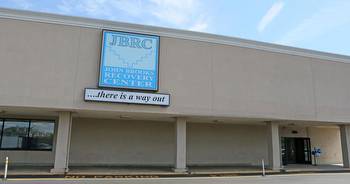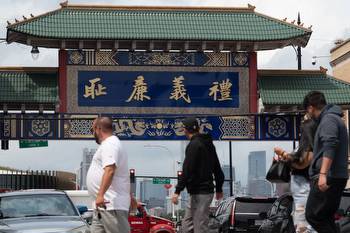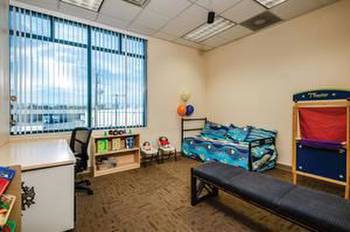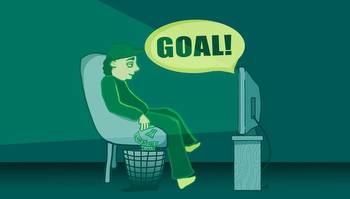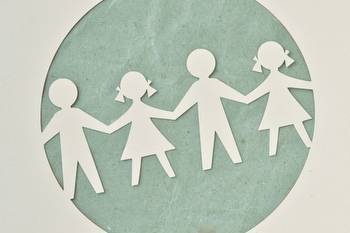Chicago casino could worsen problem gambling, Chinatown leaders worry
 CHICAGO (WLS) -- Some Chinatown leaders are not looking forward to having a casino in the city, especially one that could be close to their neighborhood. There's worry that it could worsen problem gambling among residents.
CHICAGO (WLS) -- Some Chinatown leaders are not looking forward to having a casino in the city, especially one that could be close to their neighborhood. There's worry that it could worsen problem gambling among residents.Although there are no statistics on its prevalence in the Chinatown area, anecdotally some say it's a major issue.
"If you were just to ask someone off the street if they know someone who gambles too much or gambling out of control, they'll tell you they know someone," said Eunice Liao, Pui Tak Center mental health counselor.
The city is now deciding between three proposed site locations, two of them near Chinatown.
"We are the most concerned about having a casino that is located within walking distance to Chinatown," said Grace Chan McKibben, Coalition for a Better Chinese American Community executive director.
And for some the chance of hitting the jackpot so close to home may be too much to pass up.
"As immigrants, they work really hard in restaurants and other businesses and their life is tough. And so the allure of gambling as you know, I've been working really hard and making just a little progress. Financially, maybe I can strike it rich," said David Wu, Pui Tak Center executive director.
For more than a century, gambling has been part of life in Chinatowns across the country. McKibben said it dates back to laws prohibiting Chinese immigration to the U.S. in the late 1800s.
"So I think for generations, Chinatowns were dominated by single men," she said. "And then they used gambling as one of the only means of entertainment in the evenings."
Chicago native Dr. Timothy Fong, the co-director of the UCLA Gambling Studies Program, added there's a lot of focus on luck in Chinese American culture.
"Numbers controlling fate, an emphasis on our fate is predetermined and gambling is a way of looking at what our fate is," he said.
Fong said there are many reasons why some Asian immigrant communities are more at risk for problem gambling.
"In Asian communities, what we see with men and women who developed gambling disorder is that they oftentimes struggle to find treatment because they can't find it in their language or cultural barriers that prevent them from seeking mental health treatment," Fong said.
The Illinois Department of Human Services is stepping up its efforts to reach people in Chinatown in need of help. In 2020 the agency launched a one year study on gambling addiction in the state. The results will be published soon, state officials said
State leaders hope to use the information to target communities most as risk for gambling disorder with resources.
IDHS has two providers in Chinatown, the Pui Tak Center and the Midwest Asian Health Association, which recently became licensed to start offering gambling treatment.
"One of our biggest strengths at MAHA is to provide culturally and linguistically appropriate services," said Allison Precht, Midwest Asian Health Association programs director.
Precht said MAHA will be ready if there's more demand for their services when the casino opens in Chicago.
Currently, some Chinatown residents take shuttles to casinos in Northwest Indiana and Des Plaines.
"Now that it will be even easier to access gambling, it does pose a much greater issue and concern," Precht said.








